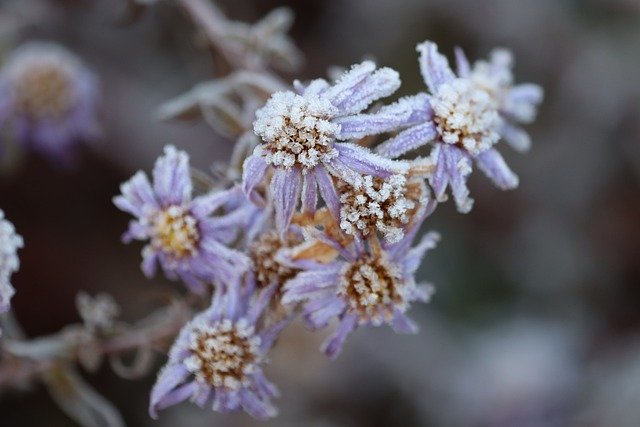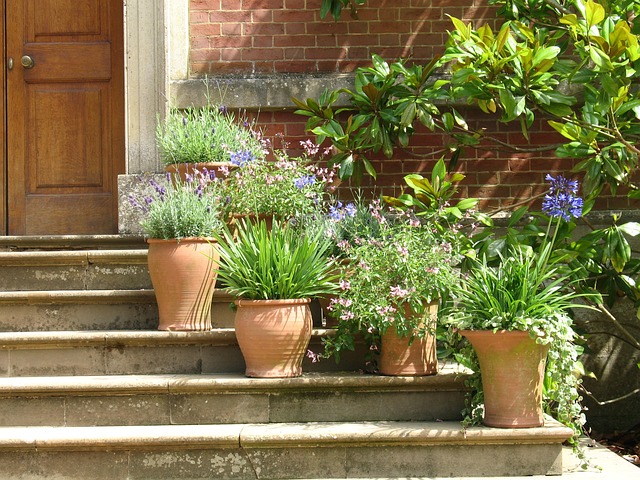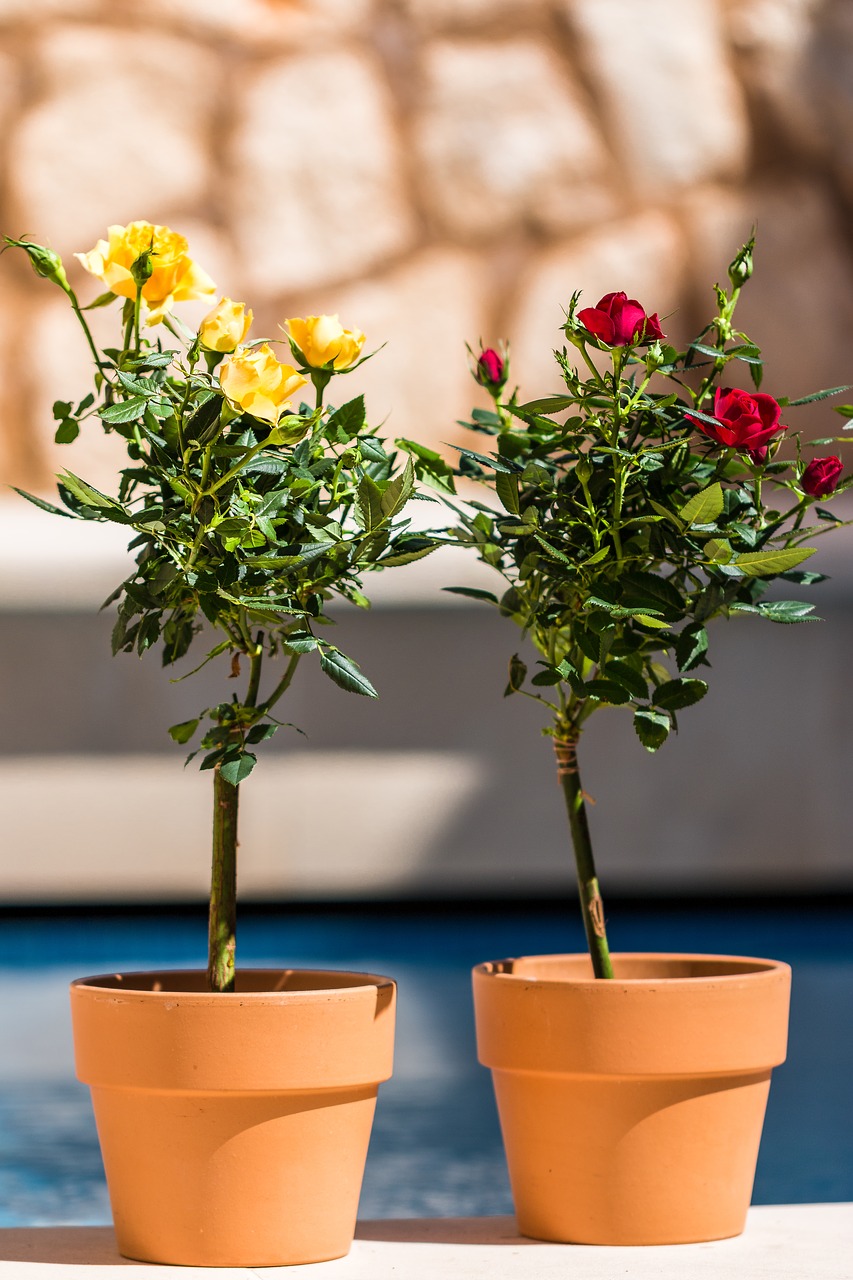The South Florida climate is great for growing a wide range of native and exotic plants in-ground and in pots. However, the state does experience occasional variations in weather that can result in a cold snap. The chill typically doesn’t last long, but can quickly kill potted plants of any kind. There are measures that individuals can take to minimize damage and protect their plants.
Bring Them Indoors
Bringing potted plants indoors is the easiest way to preserve greenery. Being able to do so is dependent on the space inside the home to do so and the size of the pot. Large pots aren’t easily relocated if they’re not positioned on a mobile plant cart. If bringing the plants in the home isn’t an option, the garage or a greenhouse are convenient alternatives.
Covers
There are numerous commercially available coverings that can be placed over plants. A cardboard box works equally well. Gardeners can also use newspaper to cover them. Secure the newspaper to the pot in some way to prevent it from blowing away due to breezes. Preventative measures should be applied before nightfall to trap warmth under the covering.
A sheet, blanket, tarp or similar item can be draped over plants to protect them from the cold. Just be sure the plant can handle the weight of the material. Coolers, baskets and similar containers with a solid bottom can be placed over plants for protection. Don’t use plastic sheeting – it causes condensation on leaves that can freeze.
Grouping
It’s beneficial to group smaller pots together before covering. Make sure the covering goes all the way to the ground. If the cold is an overnight occurrence, uncover plants as soon as the air temperature warms. If the chill is longer lasting, it’s important not to leave plants covered for more than a maximum of 3 days.
RCH Landscaping is a full-service landscape company based in Boca Raton, Florida. We design, install and maintain Commercial and Residential landscapes all around Boca Raton, Delray Beach, and The Palm Beach areas. Our team of highly skilled landscape technicians has an undisputed track record of creating and maintaining beautiful commercial and residential landscapes all over South Florida.
Contact RCH Landscaping Today for a Free Estimate



